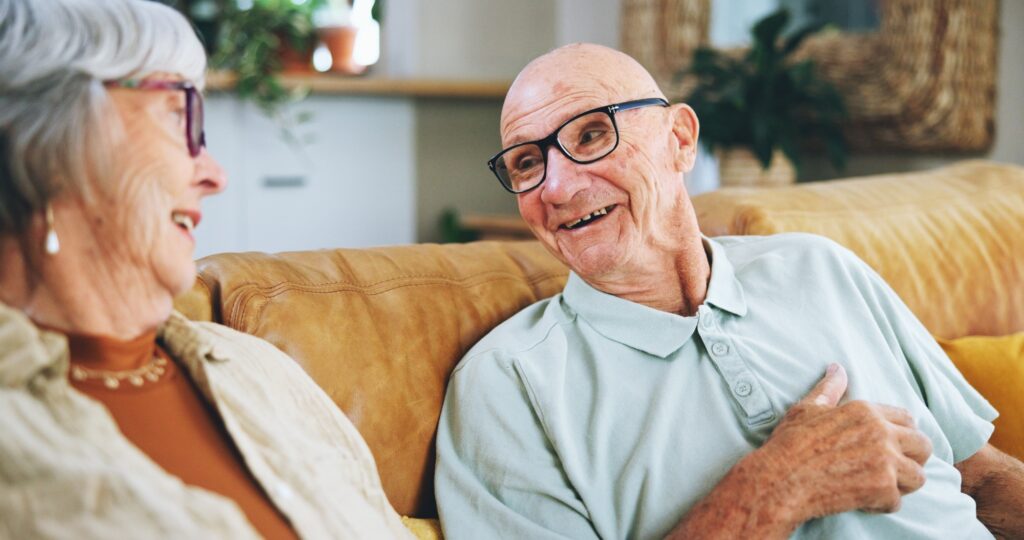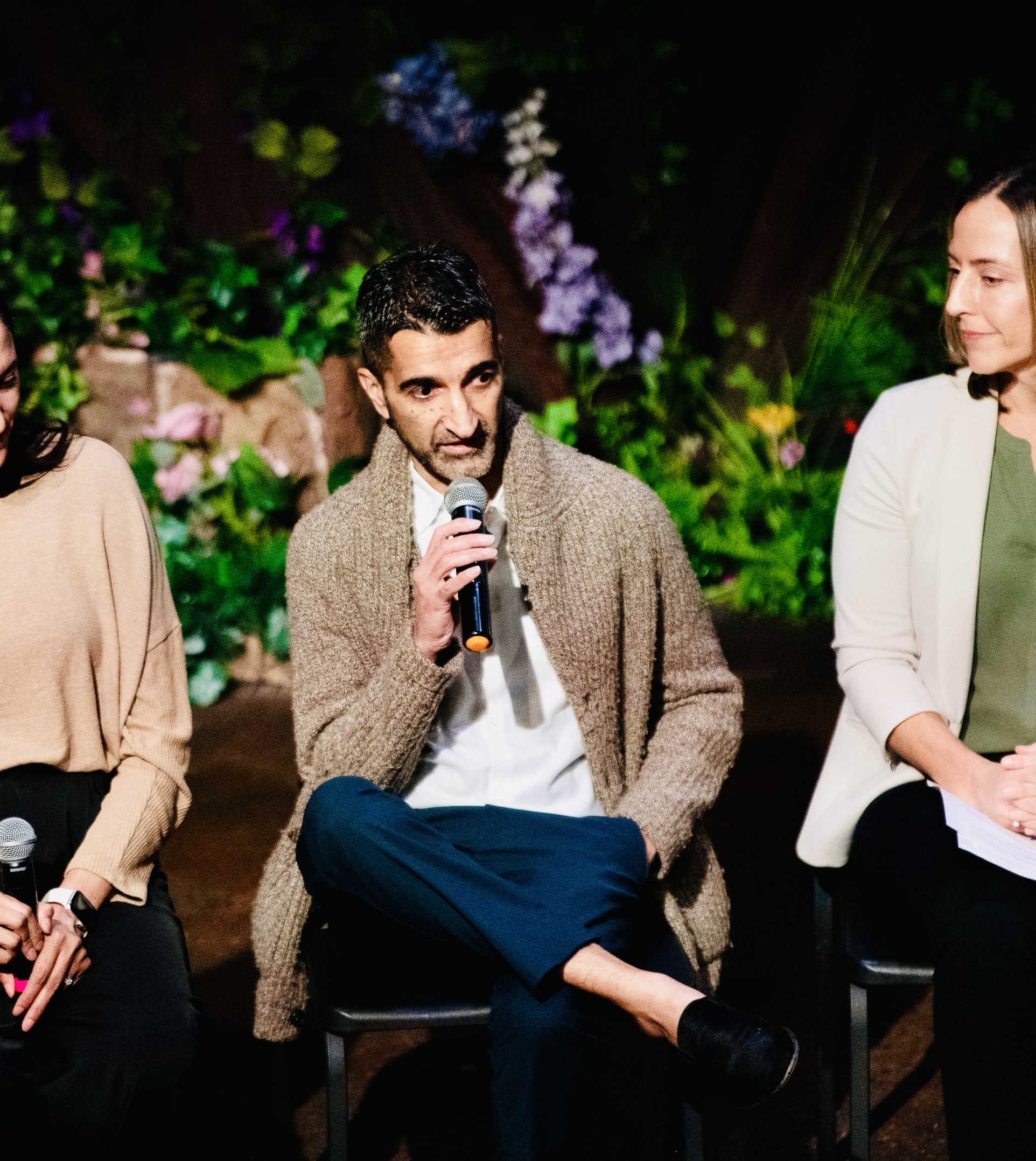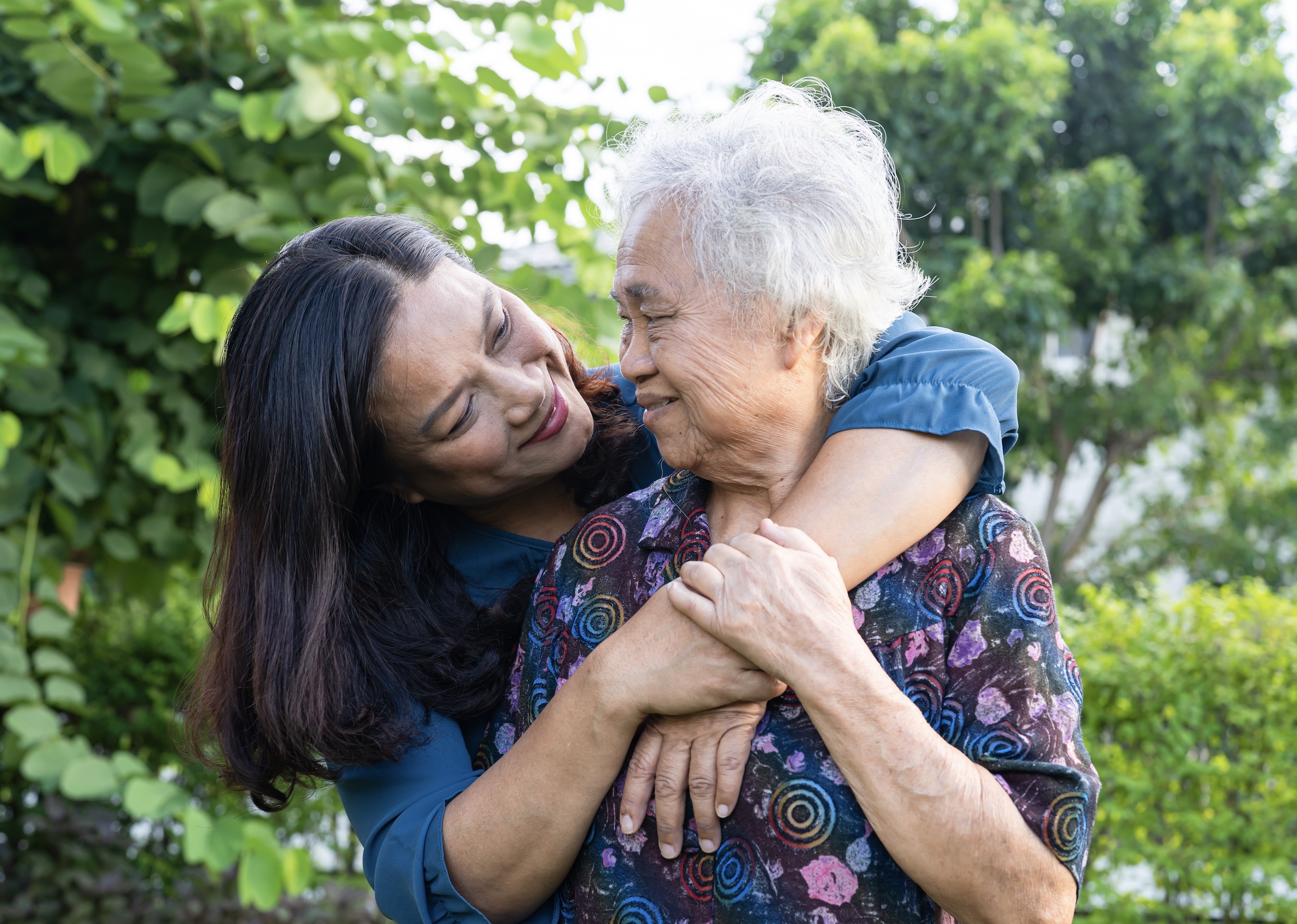FROM OUR BLOG
Supporting a loved one with memory loss: what matters most

Caring for a loved one with memory loss is a deeply personal journey — one filled with love, patience, and at times, uncertainty. Whether it’s a parent, spouse, or close friend, watching someone you care about navigate the challenges of dementia can feel overwhelming. Many families wonder: Am I doing enough? How can I help them live well? What’s the right next step?
What I’ve learned, both professionally and personally, is that support doesn’t have to be perfect. Often, it’s the small, consistent things that make the biggest difference. Creating a sense of comfort, safety, and connection can greatly improve a person’s quality of life — and help loved ones and caregivers find more ease in the process.
One of the most helpful things we can offer someone with memory loss is consistency. Establishing a simple daily routine — meals at the same time, familiar surroundings, soft music in the evening — can bring calm to an otherwise confusing world. Predictability creates a sense of safety, especially when short-term memory becomes less reliable. Even small routines, like a morning walk or an afternoon cup of tea, can provide grounding.
Safety is also key, but it’s important to strike a balance between keeping a loved one safe and helping them feel independent. Removing trip hazards, simplifying the home environment, and making mobility aids easily accessible can go a long way. At the same time, giving your loved one opportunities to make choices — what to wear, what music to listen to — helps maintain dignity and confidence.
Equally important is staying engaged. Social interaction and meaningful activities can help slow cognitive decline and lift the spirit. Whether it’s enjoying a favorite song, working on a puzzle together, or spending time outdoors, engagement doesn’t have to be complicated. What matters is that the person feels included and valued.
Supporting overall well-being also means paying attention to nutrition, movement, and sleep. Simple, balanced meals and gentle physical activity — like stretching or short walks — can support both brain and body health. Sleep, in particular, plays a vital role in cognition, energy, and vitality. Encouraging your loved one to go to bed and wake up at the same time each day can improve sleep quality and help regulate mood, focus, and daily function. Staying hydrated and managing stress also contribute to better health and quality of life.
And finally, it’s worth remembering: You don’t have to do this alone. Many families wait until they’re overwhelmed before considering memory care options, but planning ahead — and in some cases, engaging in memory care services early — can help slow further cognitive decline and support your loved one’s overall well-being. The right environment should provide compassionate, safe, person-centered care along with a healthy diet, regular activity, quality sleep, stress management, and social engagement — all of which can enhance quality of life and longevity for your loved one.

Dr. Raj Kalra, a physician, and Dr. Nisha Kalra, a dentist, with their daughters Indie and Liya, alongside Raj’s parents, Om (87) and Darshan (84), representing three generations focused on health and well-being.
Dr. Raj Kalra is a board-certified physician with over 15 years of clinical experience in physical medicine and rehabilitation, pain management, lifestyle medicine, and obesity medicine. As the founder and president of Aroha Memory Care, a lifestyle medicine and wellness-based memory care home set to open in Santa Rosa in 2025, Dr. Kalra is dedicated to fostering a nurturing environment that empowers seniors to thrive in health and well-being.





